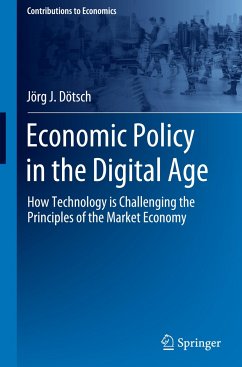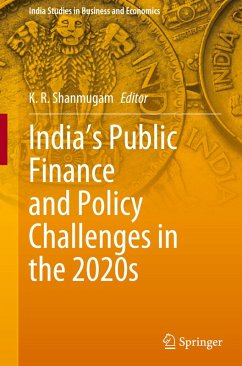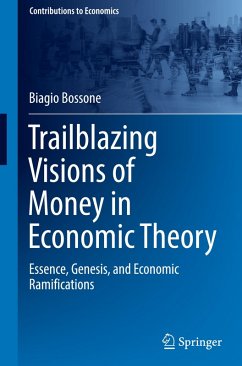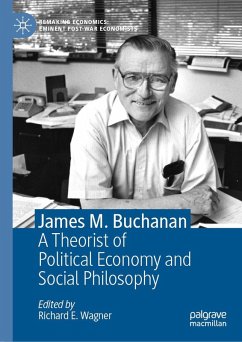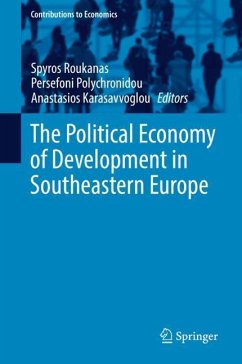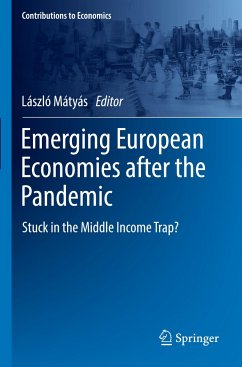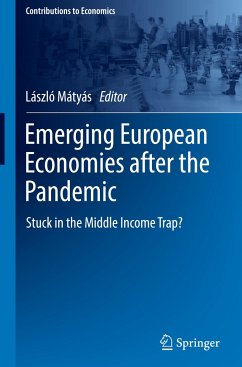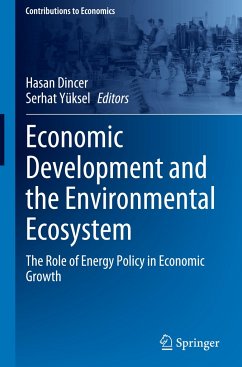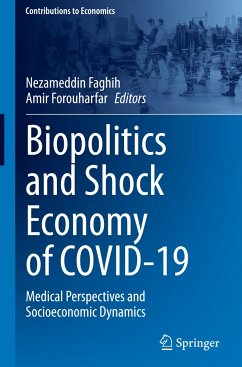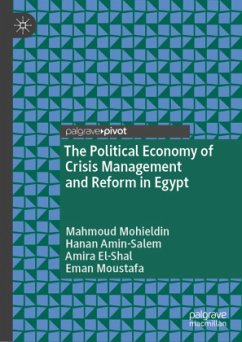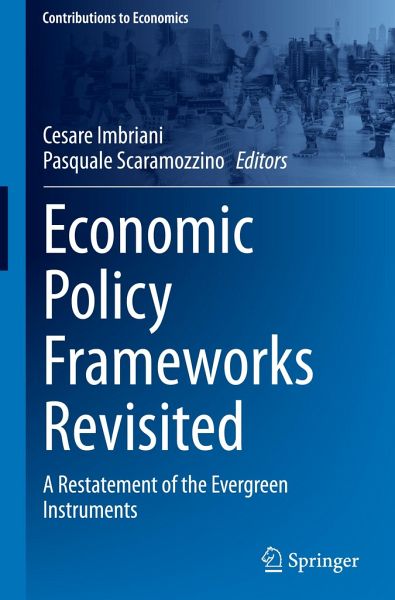
Economic Policy Frameworks Revisited
A Restatement of the Evergreen Instruments
Herausgegeben: Imbriani, Cesare; Scaramozzino, Pasquale

PAYBACK Punkte
65 °P sammeln!
This volume presents state-of-the-art contributions to the theory and practice of economic policy. In light of the 2007/2008 financial crisis and the COVID-19 pandemic, it discusses the relevance and effectiveness of various traditional economic policy tools and instruments. Written by experts in economics and public finance, the contributions highlight the virtues and institutional advantage of political authorities who can rely on a broader set of tools than those available to the private sector and are able to engage over a longer time horizon. The economic policy tools and prescriptions in...
This volume presents state-of-the-art contributions to the theory and practice of economic policy. In light of the 2007/2008 financial crisis and the COVID-19 pandemic, it discusses the relevance and effectiveness of various traditional economic policy tools and instruments. Written by experts in economics and public finance, the contributions highlight the virtues and institutional advantage of political authorities who can rely on a broader set of tools than those available to the private sector and are able to engage over a longer time horizon. The economic policy tools and prescriptions in this volume are founded on a rigorous reinterpretation of theoretical models of macroeconomics.
The book is divided into two parts: The first part addresses issues in the theory of monetary and fiscal policy in intertemporal settings with forward-looking agents, in the context of both developed and developing countries. The second part presents applications to current economic policy issues, including a resilient bio-economy, public debt management, human capital and growth, migrants and labor supply, and start-up financing.
The book is divided into two parts: The first part addresses issues in the theory of monetary and fiscal policy in intertemporal settings with forward-looking agents, in the context of both developed and developing countries. The second part presents applications to current economic policy issues, including a resilient bio-economy, public debt management, human capital and growth, migrants and labor supply, and start-up financing.



